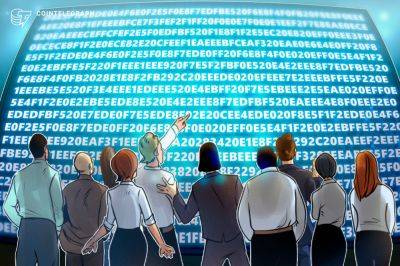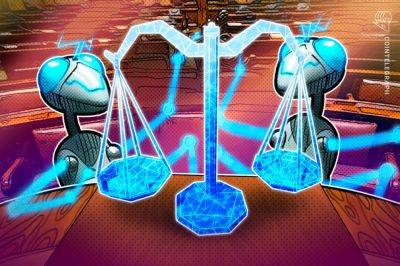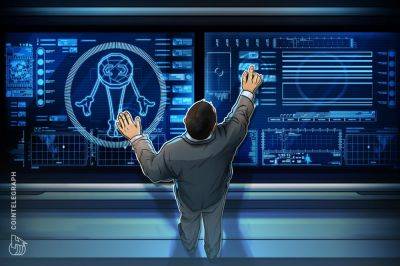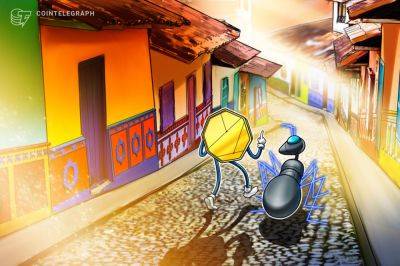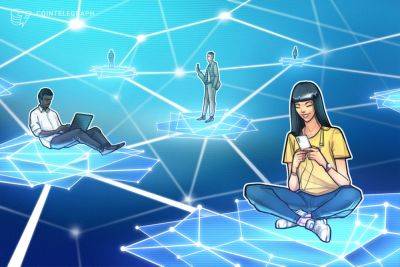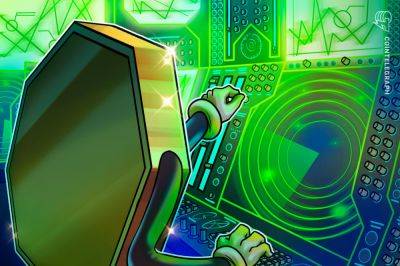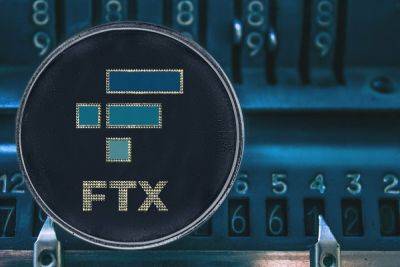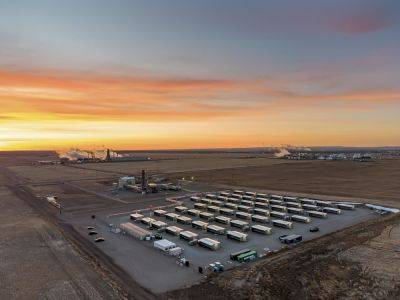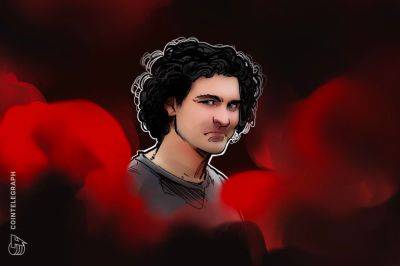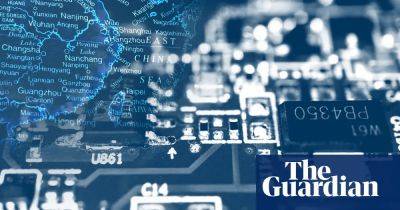China’s war chest: Beijing seeks to remedy its vulnerability to food and energy embargoes
N ot much could unite Peng Lifa, the activist who disappeared after staging a rare anti-lockdown protest in Beijing last year, and Xi Jinping, the Chinese leader who Peng was criticising. But in October 2022, both men diagnosed the same vulnerability in China: food.
“We want food, not PCR tests,” read Peng’s bright red characters, emblazoned on a banner hung over Beijing’s Sitong Bridge on 13 October. Three days later, Xi gave a speech to the Chinese Communist party (CCP) about how to “hold high the great banner of Socialism with Chinese characteristics”.
“We must reinforce the foundations for food security on all fronts,” China’s president said.
If China’s economy is to withstand a military conflict with Taiwan, and the inevitable sanctions that such an attack would trigger, it needs to ensure a stable supply of energy. That means fuel for the economy, as well as for the citizens who power it.
Bringing Taiwan under the control of the Chinese Communist party (CCP) is the «inevitable requirement for the great rejuvenation of the Chinese nation», China's president Xi Jinping said in 2019. In recent years, as an increasing proportion of people in Taiwan say they want nothing to do with the CCP, China’s agitation to resolve the «Taiwan issue» has grown stronger. Xi sees «reunification» as an important part of his legacy and has not ruled out the use of force to achieve it.
A war with Taiwan — which would soon involve regional neighbours and the US — would be devastating for both sides, as well as the global economy. But many experts think it could arrive in the next decade, or even the next five years. Before launching such an attack, China would have to prepare its economy and military and its self-sufficiency in key
Read more on theguardian.com

 theguardian.com
theguardian.com